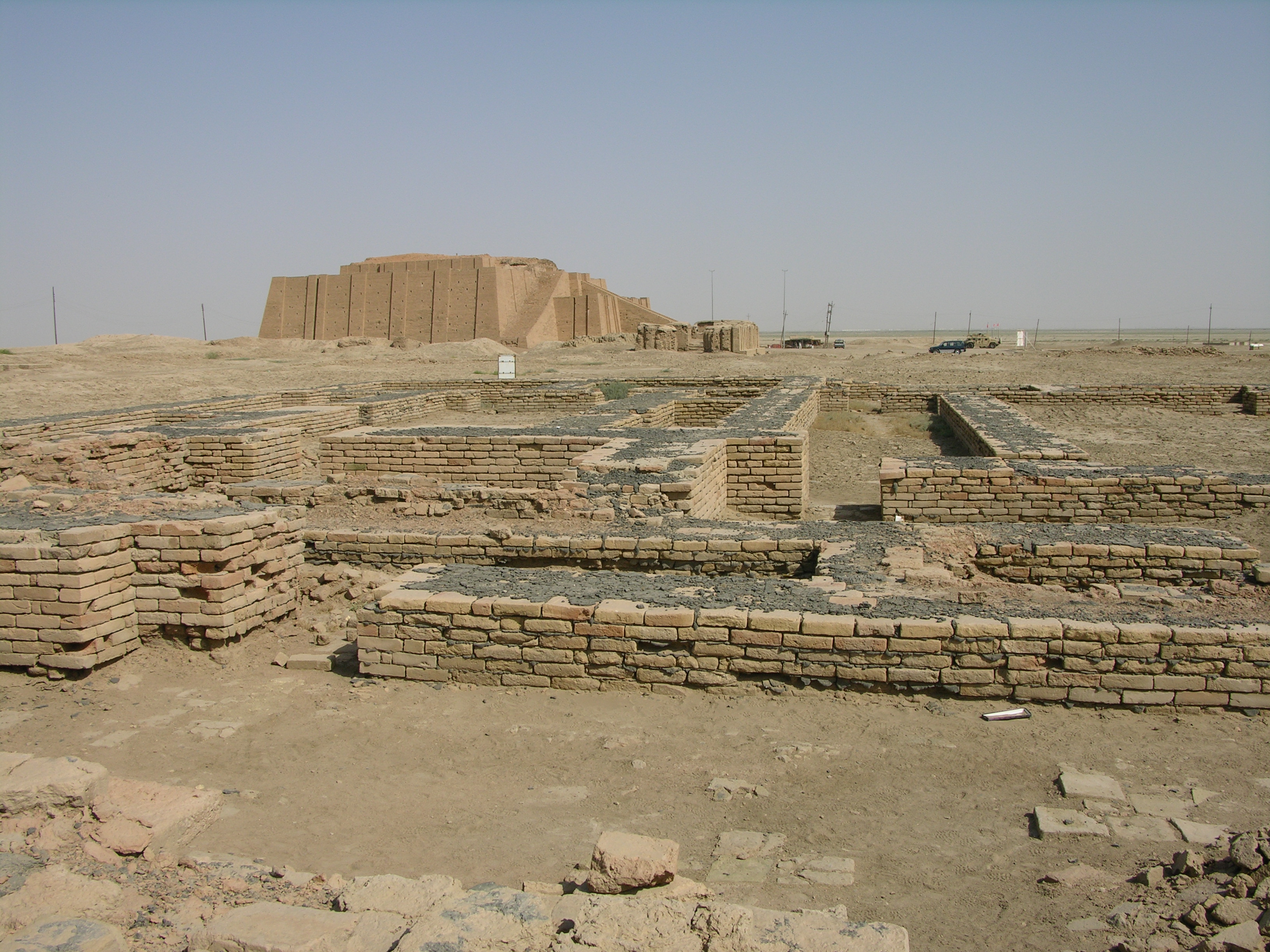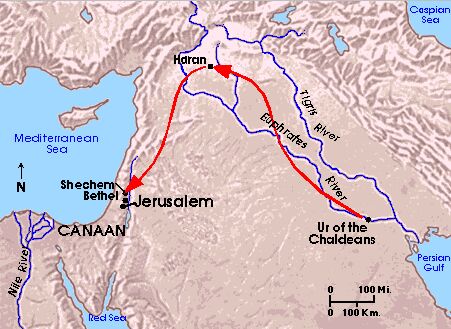This is the genealogy of Shem: Shem was one hundred years old, and begot Arphaxad two years after the flood. After he begot Arphaxad, Shem lived five hundred years, and begot sons and daughters. Arphaxad lived thirty five years and begot Salah. After he begot Salah, Arphaxad lived four hundred and three years, and begot sons and daughters. Salah lived thirty years, and begot Eber. After he begot Eber, Salah lived four hundred and three years, and begot sons and daughters. Eber lived thirty four years, and begot Peleg. After he begot Peleg, Eber lived four hundred and thirty years, and begot sons and daughters. Peleg lived thirty years, and begot Reu. After he begot Reu, Peleg lived two hundred and nine years, and begot sons and daughters. Reu lived thirty two years, and begot Serug. After he begot Serug, Reu lived two hundred and seven years, and begot sons and daughters. Serug lived thirty years, and begot Nahor. After he begot Nahor, Serug lived two hundred years, and begot sons and daughters. Nahor lived twenty nine years, and begot Terah. After he begot Terah, Nahor lived one hundred and nineteen years, and begot sons and daughters. Now Terah lived seventy years, and begot Abram, Nahor, and Haran. NKJV
This is the genealogy of Terah: Terah begot Abram, Nahor, and Haran. Haran begot Lot. And Haran died before his father Terah in his native land, in Ur of the Chaldeans. Then Abram and Nahor took wives: the name of Abram's wife was Sarai, and the name of Nahor's wife, Milcah, the daughter of Haran the father of Milcah and the father of Iscah. But Sarai was barren; she had no child. And Terah took his son Abram and his grandson Lot, the son of Haran, and his daughter in law Sarai, his son Abram's wife, and they went out with them from Ur of the Chaldeans to go to the land of Canaan; and they came to Haran and dwelt there. So the days of Terah were two hundred and five years, and Terah died in Haran. Genesis 11: 10-32
We get a strong sense of the shortening of life spans in contrast to past genealogies. The name Abram is said to mean, "exalted father." We see that Abram was headed to Canaan, but the party stops in Haran where his father, Terah passes.
"You are the Lord God, who chose Abram, and brought him out of Ur of the Chaldeans, and gave him the name Abraham;" Nehemiah 9:7 NKJV
The genealogy will continue to track the promise God made about a redeemer - the seed of the woman.
"And I will put enmity between you and the woman, and between your seed and her Seed; He will bruise your head, and you shall bruise His heel." Genesis 3:15 NKJV
I must admit, the genealogies were very boring to me as a child and I viewed them as mere historical reference. It was all building up and demonstrating God's glory in the lineage of His Son, and the plan for future redemption. As a young boy, I preferred to move through this and the Law as quickly as possible. I preferred the sticker that said I read it to the actual study and truth the word could give me. They were more like the credits at the end of a movie, and did not have the excitement or drama of fighting giants and killing armies with donkey bones. It is part of God's revelation though, and He keeps little secret to His intent. God's word does not return void.


No comments:
Post a Comment
Note: Only a member of this blog may post a comment.